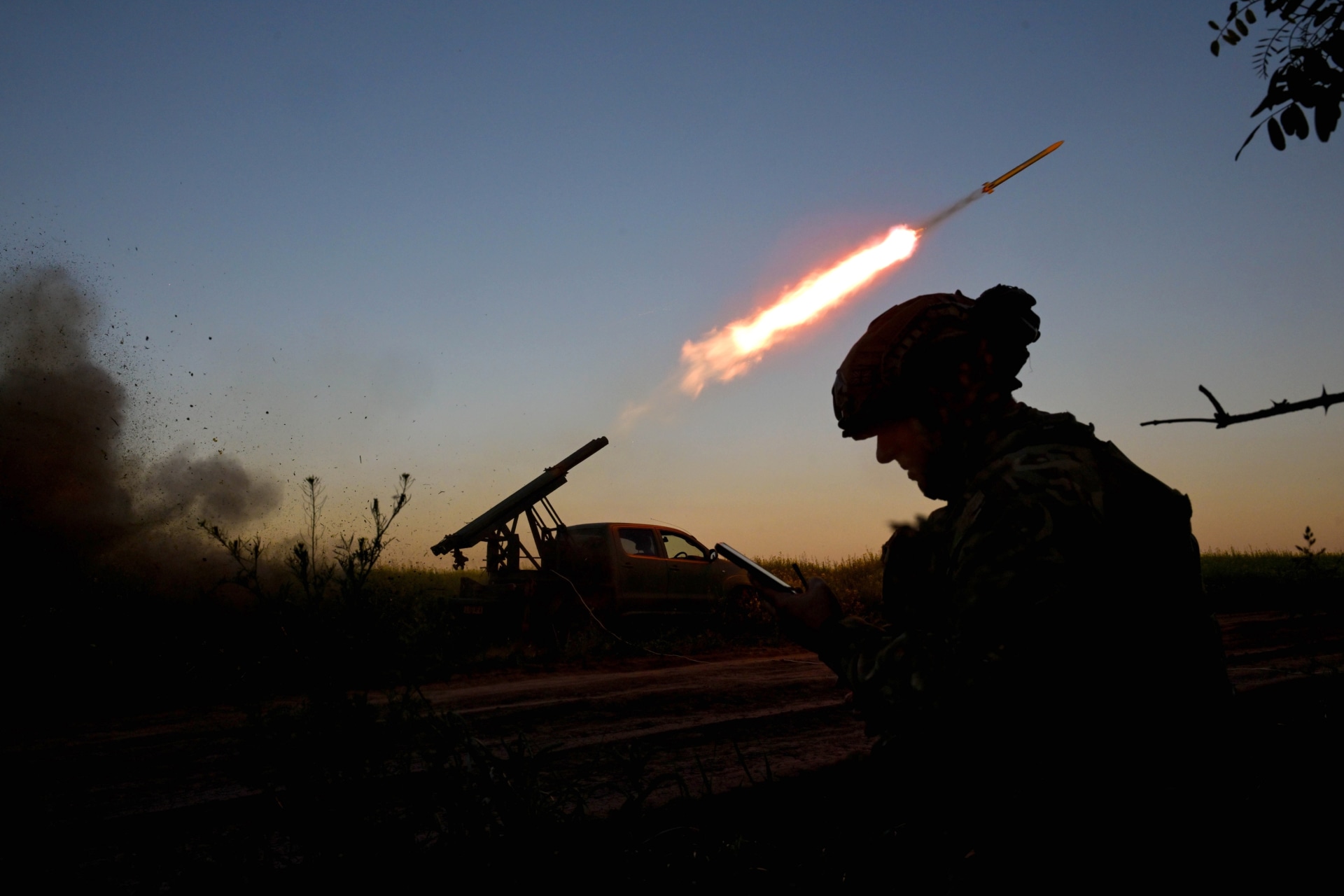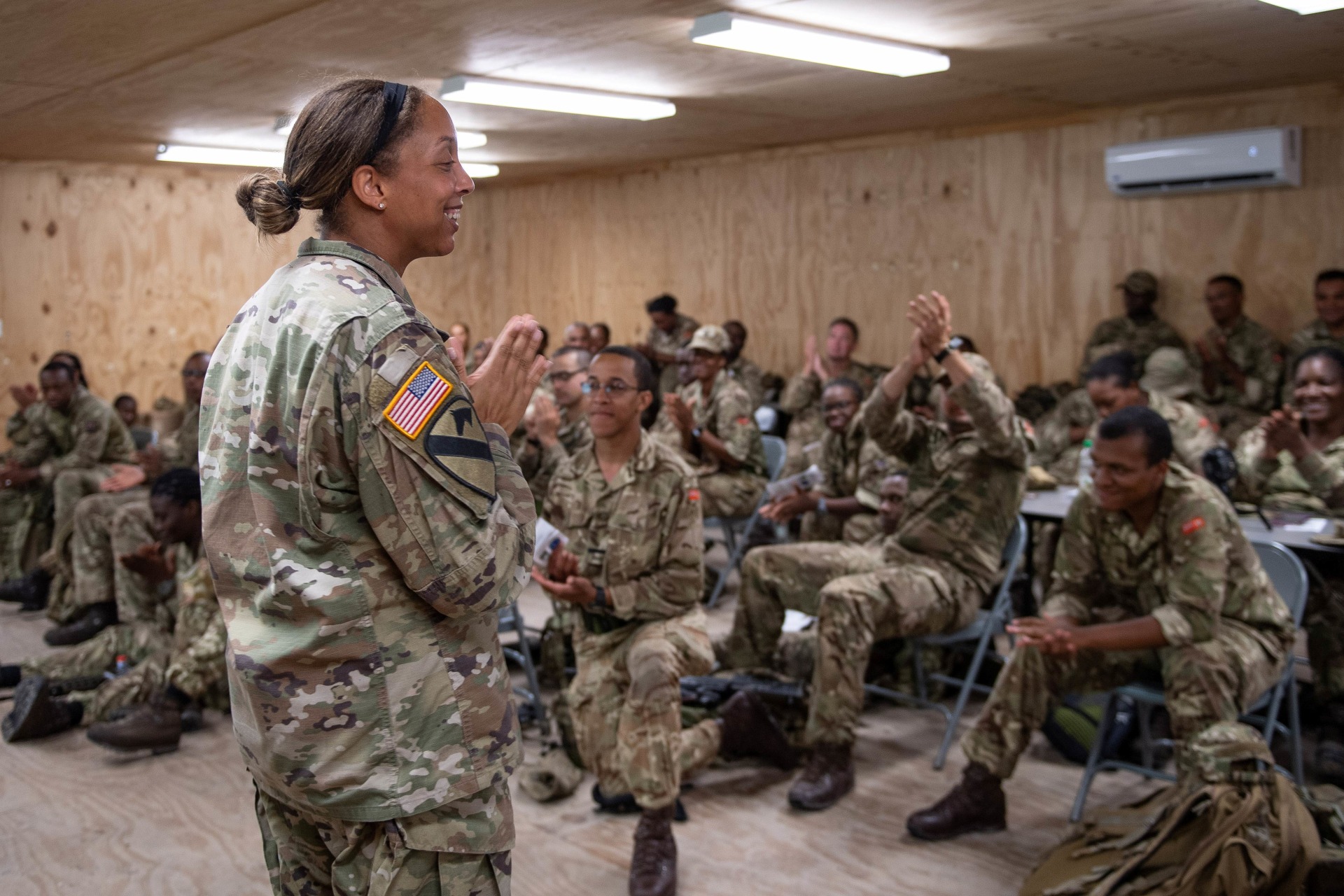The Day After in Venezuela
Delivering Security and Dispensing Justice
Overview
Venezuela represents the Western Hemisphere’s largest humanitarian crisis. Paul J. Angelo outlines what the United States can do to help alleviate the suffering of the Venezuelan people.
BY
- Paul J. AngeloFellow for Latin America Studies
“Since January 2019, U.S. policy toward Venezuela has centered on [President Nicolas] Maduro’s removal. The United States has advocated for a transitional government to facilitate a return to democracy,” writes Council on Foreign Relations Fellow for Latin America Paul J. Angelo in a new Council Special Report, The Day After in Venezuela: Delivering Security and Dispensing Justice. “The best-case scenario—and one that the United States endorses in its ‘Democratic Transition Framework for Venezuela’—would be a provisional government replacing Maduro and overseeing the transition to fresh presidential and legislative elections.”
Angelo maintains that international actors have not planned enough for stabilizing the security environment and fostering transitional justice in a post-Maduro Venezuela. “Quickly establishing public order and reinstating the rule of law would be crucial for [U.S.] support to be effective. And only after it has revived institutions to credibly deliver security and dispense justice could Venezuela restore democratic governance,” Angelo explains.
“The immediate aftermath of Maduro’s departure could see conflict among armed factions, unstable political coalitions, incentives for corruption and criminality, a divided international response, and an outflow of migrants and refugees,” he cautions.
“U.S. policymakers would need to anticipate the fallout from a transition, even under the most auspicious conditions, and identify opportunities to ensure that the transitional context begets the restoration of democracy,” he writes. These include:
- “The United States should focus first on activities aimed at building trust with the Venezuelan authorities and people. . . . U.S. authorities should condition their support on the transitional government’s commitment to a democratic transition and to alleviating humanitarian suffering, while seeking points of entry that engender goodwill and create opportunities for deeper U.S. involvement in the country’s reconstruction.”
- “In addition to working through the United Nations and [Organization of American States], the U.S. government should negotiate with potential spoilers of the transition outside Venezuela,” including China, Cuba, and Russia.
- “The U.S. government should use its relationships with other governments in the hemisphere and in Europe that have sustained less hostile relations with Maduro to ensure that international assistance has a multilateral brand.”
“Maduro will leave behind a legacy of oppression, economic ruin, and raging insecurity,” Angelo warns. “Whether post-Maduro Venezuela devolves into anarchy and conflict, like Afghanistan, or follows the path to full democracy, like Chile, will depend on how Venezuelan authorities and its international partners manage the transition in its earliest days.”
Professors: To request an exam copy, contact [email protected]. Please include your university and course name.
Bookstores: To order bulk copies, please contact Ingram. Visit https://ipage.ingramcontent.com, call 800.937.8200, or email [email protected]. Include ISBN: 978-0-87609-392-4.t





